Is Brie Cheese Is Halal? (Fully Explained)
Due to the enzyme, rennet, it’s often a debate as to whether certain cheeses are considered halal. So when it comes to Brie, is Brie cheese is halal?
Advertisements
Brie cheese is a popular and delicious type of cheese that is enjoyed by many people all over the world. However, there is some confusion as to whether or not Brie cheese is halal, or permissible to eat according to Islamic dietary laws.
In this blog post, we will explore the halal status of Brie cheese and provide some information on its production and ingredients to help clear up any confusion.
Whether you are a Muslim who is looking to make sure your food choices align with your religious beliefs, or simply someone who is interested in learning more about Brie cheese, this post is for you.
Is Brie Cheese Is Halal?
Yes, brie cheese is halal. Traditionally made Brie cheese is not suitable for halal eaters as it contains animal rennet. However, vegetarian rennet is available and can be used as a substitute.
Advertisements
Can Brie Cheese Be Made Without Rennet?
Rennet is an essential ingredient in the general cheesemaking process. And although there are types of Brie cheese with very little rennet, it is necessary for the milk curding process.
However, rennet is also taken from plants or can be genetically modified. If this type of rennet is added, the Brie is Halal.
Is President Brie Cheese Halal?
Most of the Président products are vegetarian and halal friendly since their is no animal but not all.
- SUGGESTED READING: Is Ricotta Cheese Halal?
Ruling On Eating Cheese If The Source Of The Rennet Is Not Known
The ruling on rennet varies according to where it is taken from. If it is taken from an animal that has been slaughtered in accordance with sharee’ah, then it is pure and may be eaten.
If it is taken from an animal that died of natural causes or an animal that was not slaughtered in accordance with sharee’ah, then there is a difference of opinion among the fuqaha’ concerning it.
Advertisements
The majority of Maalikis, Shaafa’is and Hanbalis are of the view that it is najis. Abu Haneefah and Ahmad, according to the other report narrated from him, were of the view that it is taahir and halal.
This is the view favoured by Shaykh al-Islam Ibn Taymiyah (may Allah have mercy on him). He said in al-Fataawa (21/102):
It is more likely that their cheese (referring to the Magians) is halaal and that the rennet from a dead animal (one that died of natural causes) and its milk are taahir. End quote.
Advertisements
According to Fatwa answered by IslamQA, the correct opinion is that whether you know the source of the rennet and that it comes from an animal that was slaughtered properly or otherwise, or you do not know, there is nothing wrong with eating cheese that has been made with it.

On the other hand, there is a plant-based brie where the rennet is taken from cardoon thistle, nettles, or artichokes. This version is becoming quite popular as vegetarian food alternatives become more widespread.
Brie cheese made from plant-based rennet is 100% halal. Here are some brands of vegetarian Brie cheese to consider.
Jule’s Foods
Jule’s Foods has perfected their creamy, luscious, melty, attractive vegan Brie. Over the years, their sought-after Brie has gone from California-based high-end restaurants to multiple independent grocers nationwide and online retailers.
Herbivorous Butcher
This company is well-known for its vegan meats and strong cheese game. Their creation of a medley of “cheese-free cheeses” includes Brie.
Future of Cheese
Future of Cheese is a Canadian vegan company that sold out of its plant-based “Ripened Brie” in less than 24 hours of its pre-sale launch.
Their cashew-based vegan cheese is a plant-based take on the traditional ripened Brie cheese.
How to Find Out if Cheese Contains Vegetarian Rennet
The Food and Drug Administration does not expect cheesemakers to state the type of rennet they’ve used.
On the other hand, rennet from animal chymosin or rennet is typically called “traditional rennet” on cheese labels.
If the cheesemaker has gone the extra mile to procure plant-based rennet, they’ll likely advertise it on their cheese labeling.
Plant-based rennet is typically described as “thistle rennet,” “vegetarian rennet,” or “plant rennet.”
To be safe, consider buying your cheese from a reputable cheesemonger. They should be experienced in advising you on the Brie not made from animal chymosin or rennet.
Advertisements

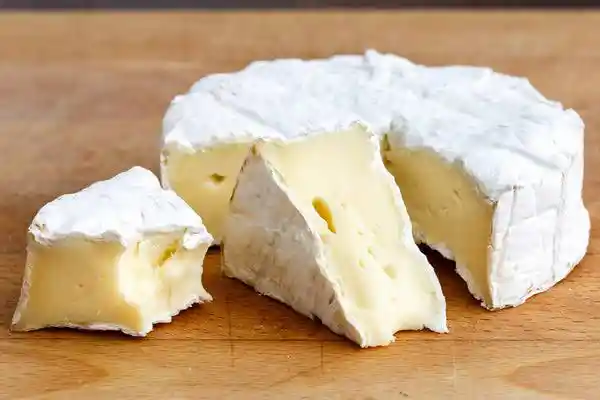

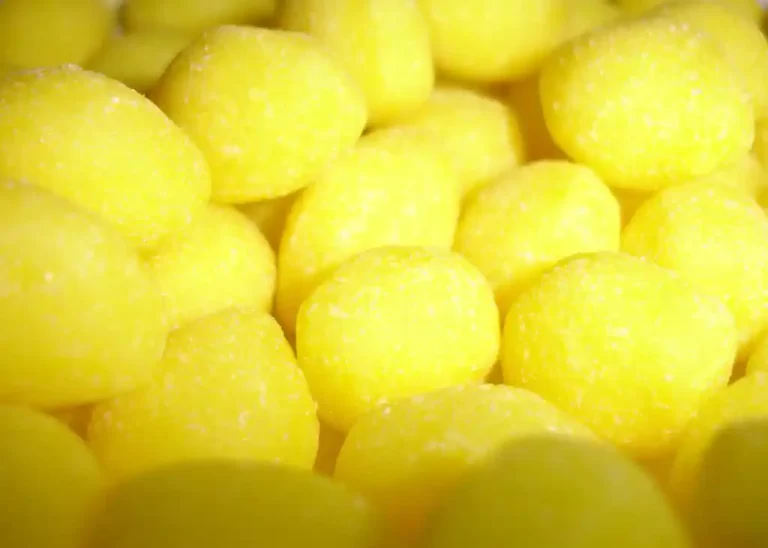

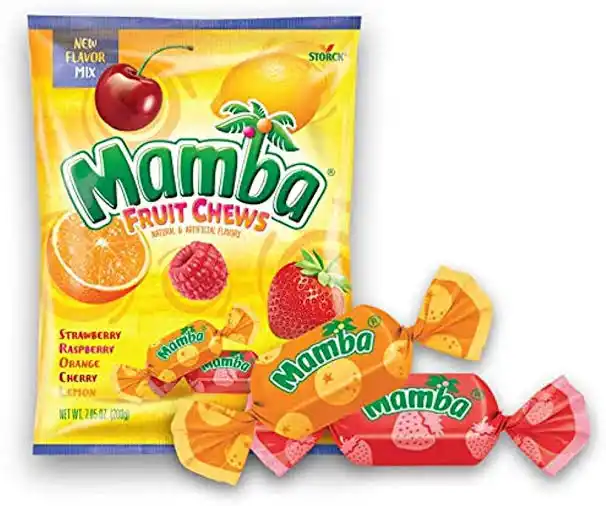
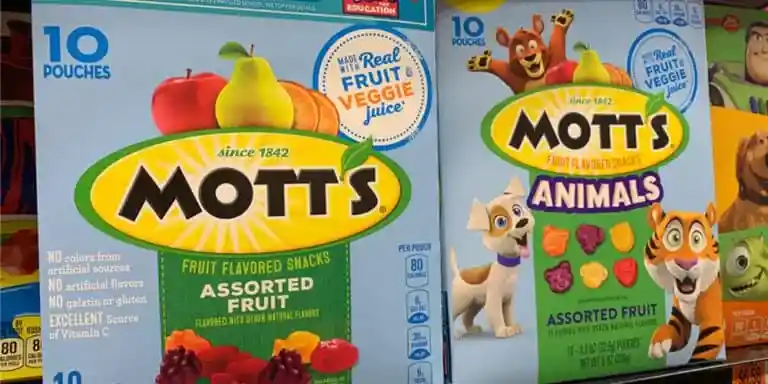
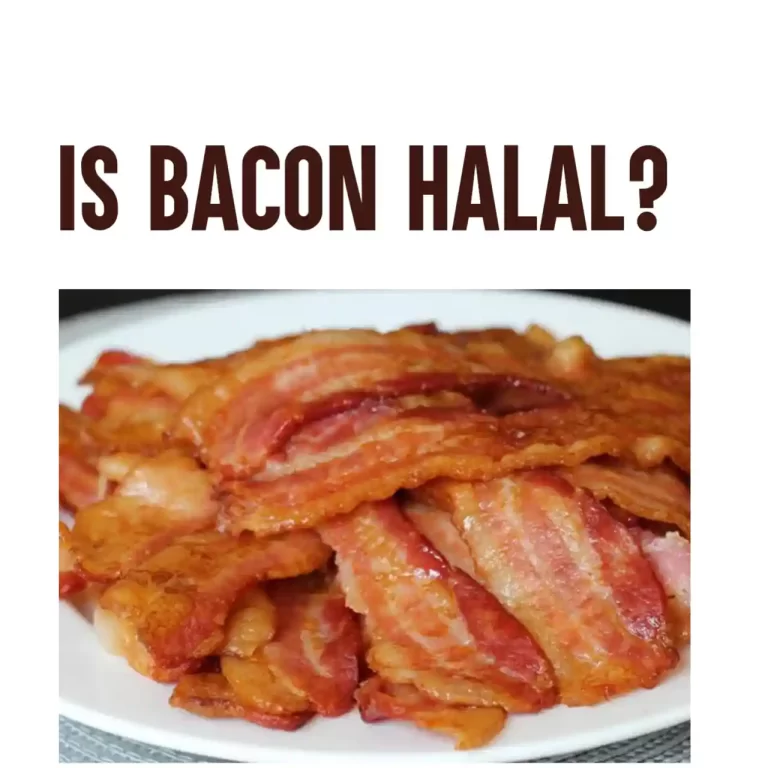
One Comment